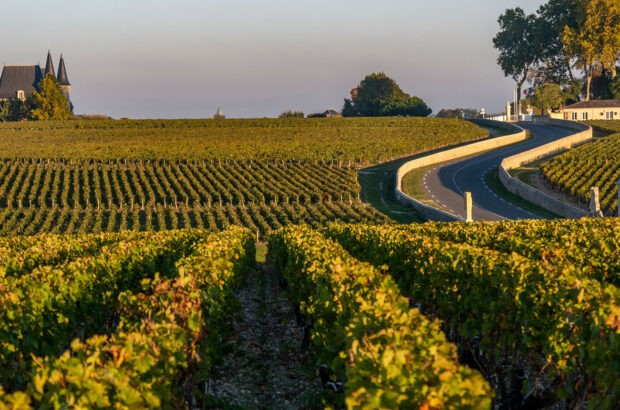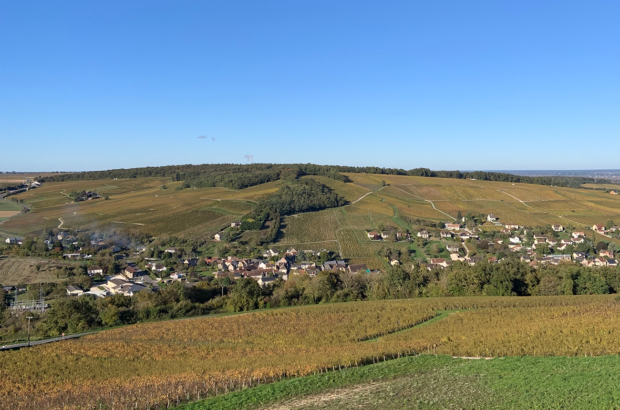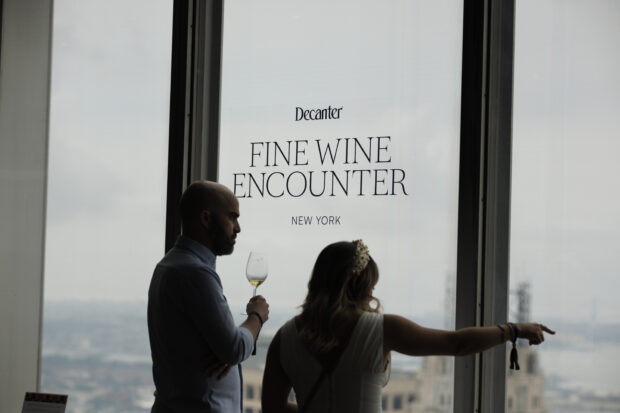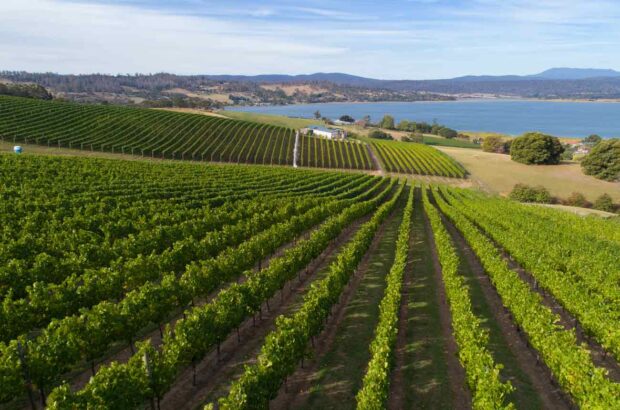The London office of Wines of Lebanon has celebrated its first birthday with plans to expand its UK operation.
Chateau Musar
This time last year ten members of Union Vinicole du Liban (UVL), came together to try to increase their country’s profile in the UK.
‘One year ago I could not imagine that I would see us come together at the London trade fair under one stand with the name Wines of Lebanon,’ Beirut-based writer Michael Karam said last night at a raucous dinner at the Dock Kitchen restaurant in west London.
Eight members of the group – Chateau Ka, Chateau Ksara, Chateau St Thomas, Coteaux de Liban, Domaine Wardy, Domaine des Tourelles, IXSIR and Karam Winery (no connection to Michael Karam), were present at this year’s London International Wine Trade Fair.
‘Having a UK office has woken up the media,’ Faouzi Issa of Domaine des Tourelles said. ‘It’s a long-term project but there is lots of interest. Every event we run, it’s a full house.’
UVL chair Serge Hochar, owner of Chateau Musar, the most renowned of Lebanon’s producers and Decanter’s first Man of the Year in 1984, said that in 1990 there were four wine producers in Lebanon.
‘Now there are over 40 wineries. Lebanese cuisine is back on the map, Lebanon is a tourist destination once again – this is the perfect time to promote Lebanese wine.’
Hochar said that the next phase of winemaking in this tiny but celebrated wine region would be to set guidelines for producers to maintain quality.
‘At some stage we should establish which varietals to recommend – but remember this country is only 120 miles by 30 miles wide – it is smaller than Bordeaux.’
Wines of Lebanon publicist Madeleine Waters said with the success of the London venture they would now consider taking the message of Lebanese wines further afield – ‘possibly to Birmingham, Manchester or Bristol’.
The majority of varieties used bear the imprint of Lebanon’s colonial French past: Cinsault, Cabernet Sauvignon, Carignan, Syrah, Merlot, Grenache and Mourvedre.
At Musar Hochar makes whites from indigenous varieties Obeideh – which some consider Chardonnay – and Merwah.
‘In a period of comparative stability the best producers are flourishing as never before, seeking out new export markets, investing in vineyards and new technology, and working together to promote their wines,’ Tim Atkin MW wrote in the group’s introductory leaflet. ‘Lebanon is one of the wine world’s great secrets.’
Written by Adam Lechmere







